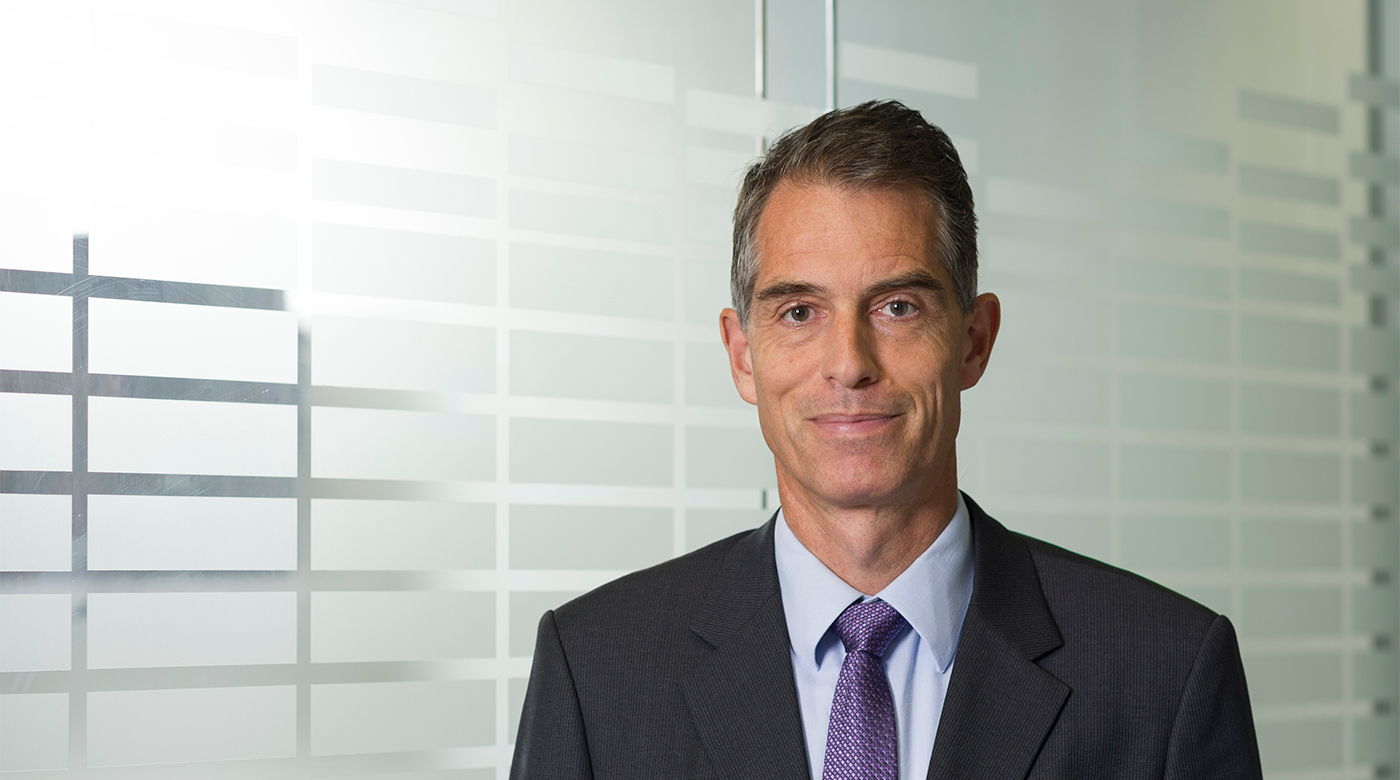‘Emerging markets will benefit from the rotation from growth to value’
Investors in emerging markets can benefit from the increasingly shareholder-friendly practices of Asian companies. Asset manager Robeco plays an active role in this, emphasized Wim-Hein Pals (Head of the Emerging Markets team) and Arnout van Rijn (CIO Asia Pacific) during the Emerging Markets Round Table in Amsterdam.
Pals and Van Rijn helped developed Robeco’s Global EM Equities strategy some 25 years ago. Despite investing in emerging markets since 1930, it wasn’t until 1994 that the company set up a team dedicated to this specific task. Since then, the investment segment has changed dramatically. In the mid-90s, Mexico and Malaysia were still heavily weighted. These days, China dominates, and Asia accounts for almost three-quarters of the emerging markets index. Latin America has suffered severely from the decline in commodity prices.
The Asian dominance presents investors with a new problem, the Robeco specialists explain. For a long time, it was difficult to achieve returns in this part of the world, despite high growth. Why? A lack of shareholder-friendly practices, characterized by balance sheets showing a lot of expensive equity and low profit distributions.
It is striking, says Van Rijn, that despite lower growth figures on this part of the world, many companies in Latin America still generate substantial returns. He believes that this is due to Anglo Saxon-style management methods. “Businesses are run in the interests of shareholders.”
“We want to get companies in Asia to view shareholders in a more American way, too,” adds the CIO. “Among other things, by making the balance sheet more efficient. These companies view equity capital as free money, even when the balance sheet position actually makes it more efficient to lend. We try to show the management that by doing so, we can improve the return on equity. It’s my personal crusade to make this clear.”
Many company directors in Asia still see paying dividends as a sign of weakness. But new generations grasp this better, according to Van Rijn. “Local pension investors wanting higher dividends are also joining the discussion.” Take South Korea, for example, where the pay-out (the part of the profit that is distributed to shareholders) has risen from a paltry 17% to 30%. This is still lower than in Taiwan (60%) and far below the worldwide average of 40%. “When it comes to shareholder treatment, Russia is really a drama,” says Pals. “But at the beginning of this century, the situation was much worse. State-controlled companies have started to think more about minority shareholders.”
The discussions that Robeco has in boardrooms form the foundation for the asset manager’s ESG policy in emerging markets: improving management practices in such a way that the high growth in the region is also translated into higher profit growth and a higher profit distribution. Pals: “For investors, this has multiple benefits: higher earnings per share and higher dividends also lead to higher price/earnings ratios.”
Currently, stocks in emerging markets are downright cheap, underlines Pals. “You have 30% discounts in price-to-earnings valuations compared to developed markets, while the historical average is around 10%, as compensation for the higher risk and lower liquidity.” Pals and Van Rijn believe that the difference in valuation between developed and emerging markets will gradually fade. Van Rijn: “Economic growth is not always good for markets, so investors shouldn’t get fixated on it. The growth will continue to outpace developed markets in the coming period. What matters more is the return on equity.”
Across the board, Robeco has an overweight in value rather than growth stocks. The former have been more in favor recently, following improvements in the global performance of the latter in the last ten years. Pals: “Look at FAANG (Facebook, Apple, Amazon, Netflix and Google) stocks in the US; they’ve generated returns that no sector can match. Emerging markets can benefit even more from the rotation from growth to value, since we see many more undervalued companies in emerging markets than in their developed counterparts. Partly as a result, the next ten years could well be the decade of emerging markets.”
As an active investor, Robeco is not only underweighted or overweighted in companies, but also in countries – partly to limit currency risks. Local currency drops in value can make or break the return for emerging market investors, even if the right companies have been selected. “Currencies make all the difference between success and failure in this segment,” concludes Van Rijn. “Twenty-five years ago, there was significant growth combined with enormous trade deficits. Now many emerging countries are running significant surpluses. This in turn means that currencies are much less vulnerable, and the economies are much healthier. Yet crises still spread to weak countries. Bond investors keep a close eye on this and move rapidly. You have to aware of that.”
Pals: “Countries with a deficit are underweighted in our strategy. This pays off in the long run.” Robeco is ‘lightly overweighted’ in China. “We are less keen on the old industry, favoring consumption goods instead. The translation of economic growth into profit growth will take place mainly in the ‘new’ China.” And these are the companies that are less affected by the trade war.”
Needless to say, the emerging market universe is not static. In 1994, China was all but absent from the Robeco portfolio, but now has a weight of 32%. Vietnam and Pakistan – currently classified as ‘frontier markets’ – have been nominated for an upgrade to ‘emerging market’ status. And, similarly, South Korea and Taiwan will be viewed as developed economies in ten years’ time, expect Pals and Van Rijn. “China is thus a stabilizing factor in the emerging market segment.”
Overall, emerging markets currently have a weight of 13% in global indices, despite making up 60% of the global economy. This is partly due to undervaluation, and to the smaller number of listed companies. At Robeco, we know this will change. A supporting factor is the professionalization of local markets. Van Rijn: “Retail investors, whose investment decisions are often based on rumors, currently rule the roost. But the market is institutionalizing, owing to the growth of pension funds and insurance companies. These don’t invest on the back of tips, but look at factors that generate good long-term returns.”


20191023 GB Write-up Robeco EM Round Table.pdf
PDF - 148 Kb